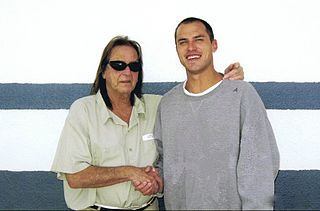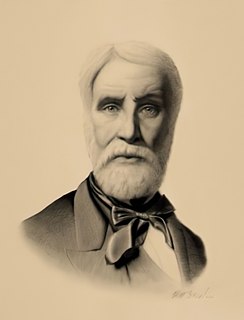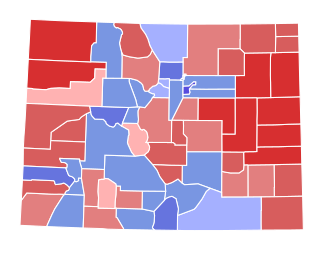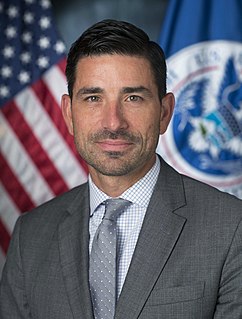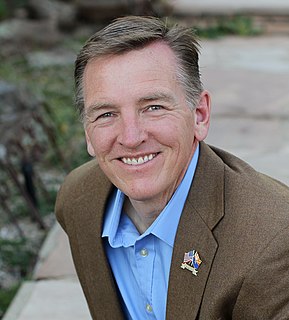A Quote by Steven Soderbergh
I know why we can't have a frank discussion with our policymakers - if you're in the government or in law enforcement you cannot acknowledge that drugs are anything but inherently evil and morally wrong.
Related Quotes
To argue that it is unconstitutional for local law enforcement to be a legitimate partner in immigration enforcement is shortsighted. It is evidence of a lack of commitment to securing our borders and a lack of appreciation for the proper role of the states in supporting federal law enforcement priorities.
Those of us in law enforcement must redouble our efforts to resist bias and prejudice. We must better understand the people we serve and protect - by trying to know, deep in our gut, what it feels like to be a law-abiding young black man walking on the street and encountering law enforcement. We must understand how that young man may see us.
This killer [in Orlando] was interviewed by the FBI three times and I'm not going to second guess what career law enforcement professionals do everyday to defend our nation. But we need to look carefully at this. Should we have a broader database? You know, someone comes to the attention of FBI not once but three times, does that suggest that local law enforcement needs to know.
As smartphones have allowed us to have our computers, emails, social media feeds, and a full surveillance system in our pockets at all times, stories of the law enforcement's unease with that have been popping up in the press. And of course, the ones that become viral videos aren't exactly flattering for law enforcement.
The law enforcement agents believe they cannot call terrorism "terrorism" unless and until they uncover evidence proving that the Muslim mass murderers have some tie to a designated non-Islamic terror group like ISIS or Al-Qaeda, and bingo, bingo. What do we get today? "There's an ISIS connection," and once again none of this has anything to do with Islam. That's how it works at the highest levels of our government.
The importance of making sure that the sense of accountability when, in fact, law enforcement is involved in a deadly shooting is something that I think communities across the board are going to need to consider, we have a great opportunity, coming out of some great conflict and tragedy, to really transform how we think about community law enforcement relations so that everybody feels safer and our law enforcement officers feel, rather than being embattled, feel fully supported.



